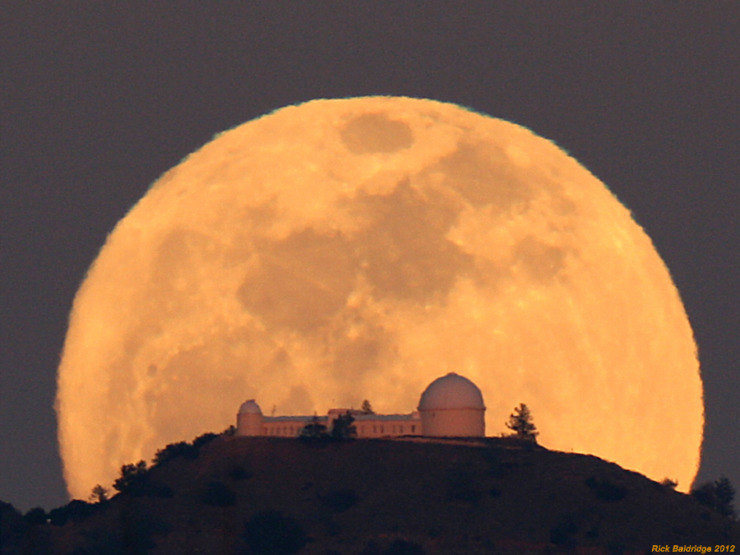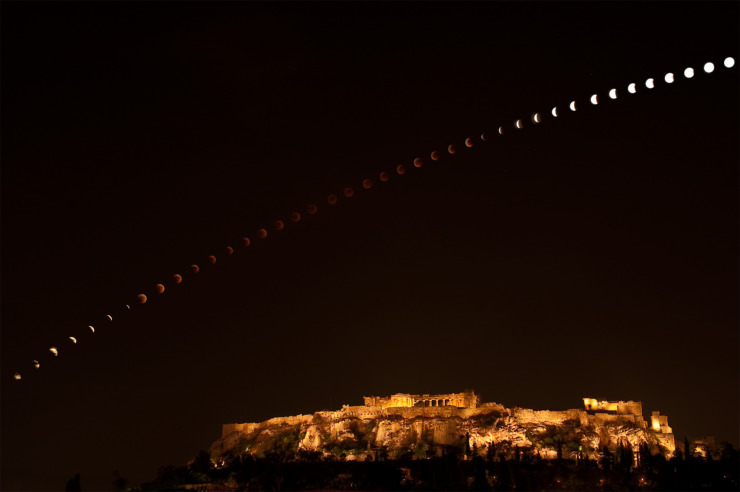2024 is a leap year, meaning we add a day at the end of February that is not usually there – February 29. This year it’s a Thursday, so most of us will be going to work or school, and may only be able to celebrate in the evening.
Why do we have to add leap days every four years? Our planet spins around its axis in one day. That is our basic and most personal unit of timekeeping. But it turns out that Earth goes around the Sun in 365 ¼ days, so our calendar of days is off (uneven) by ¼ of a day each year. As early as the days of Julius Ceasar, astronomers and mathematicians figured out that the easiest thing was just to add a day every four years to take care of the discrepancy.
Leap days serve as a good reminder that our units of time are set by the cycles of the objects in Earth’s sky – such as the rising and setting of the Sun, or the monthly phases of the Moon. The only unit we made up whole cloth was the week, but even that has an astronomical connection.
Have you ever wondered why a week consists of seven days? Nothing in the sky has a 7-day cycle. People long ago needed a shorter unit to help organize their days. The ancients saw seven objects in the sky that “wandered” across the field of stars. These seven objects that changed positions were the Sun, Moon, and the 5 planets visible to the naked eye. Many ancient people thought these seven objects either were or represented gods, and it seemed right to honor the seven of them with a unit of time.
In English, we still recognize this connection with days called Sunday, Moonday, and Saturnday…. OK, OK, we shortened the last two a bit. For the other four, we use the Norse names of the planets, so it’s not as clear. But it’s clearer in other languages: in French, Tuesday is Mardi … Mars’ day. And in Spanish, Wednesday is Miercoles… Mercury’s Day.
As we discover planetary systems around other stars, we see many systems where the planets are closer together. If we had another planet in our system close enough to the Earth and Sun to be visible without telescopes, the Beatles might have turned out to be right when they sang “Eight Days a Week.”




